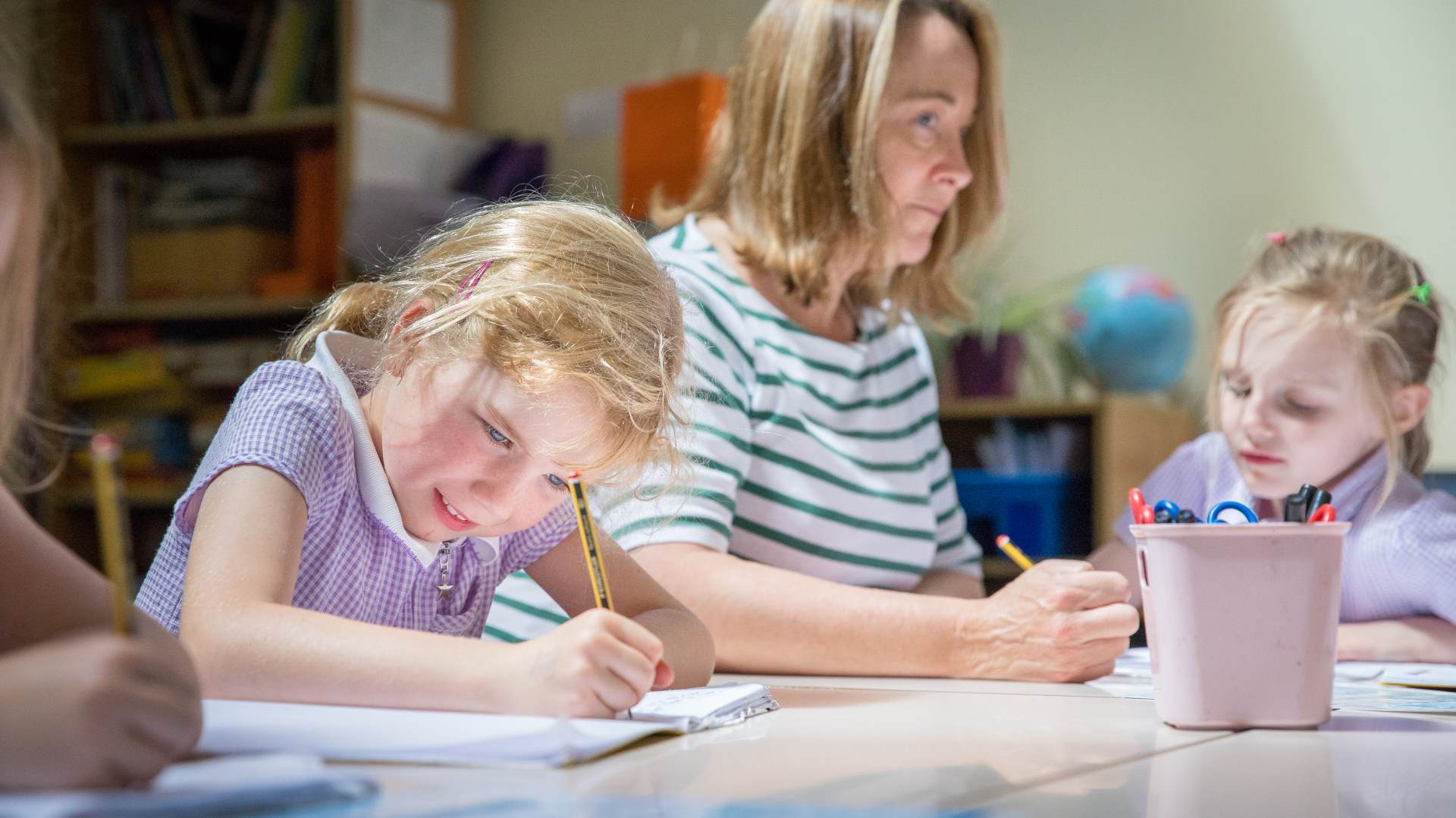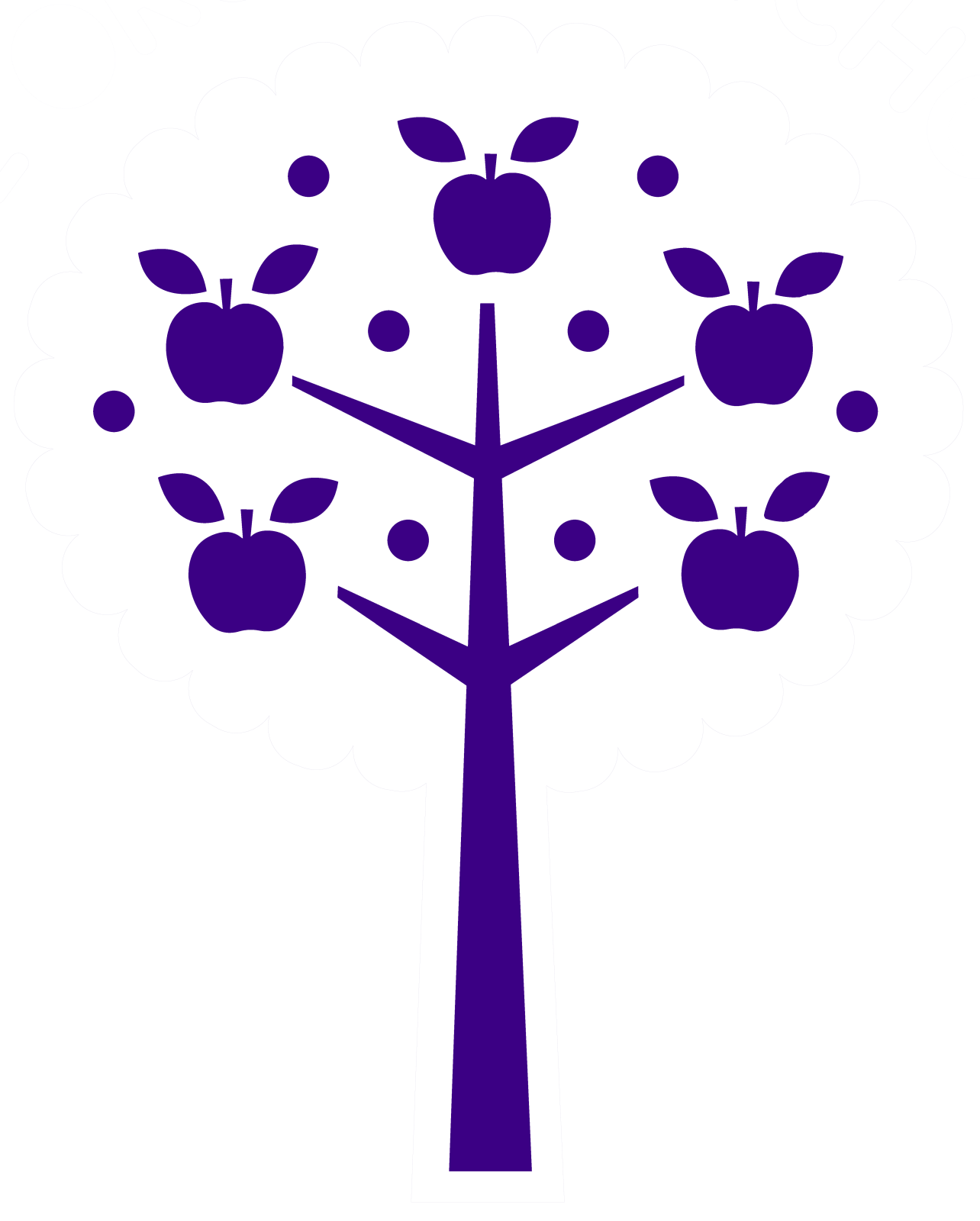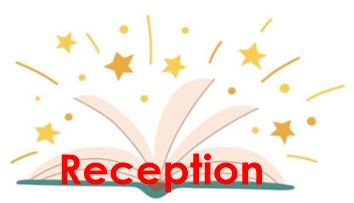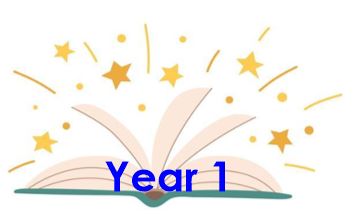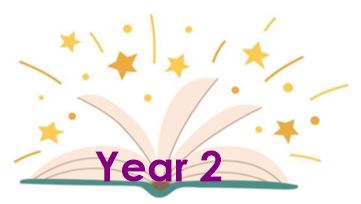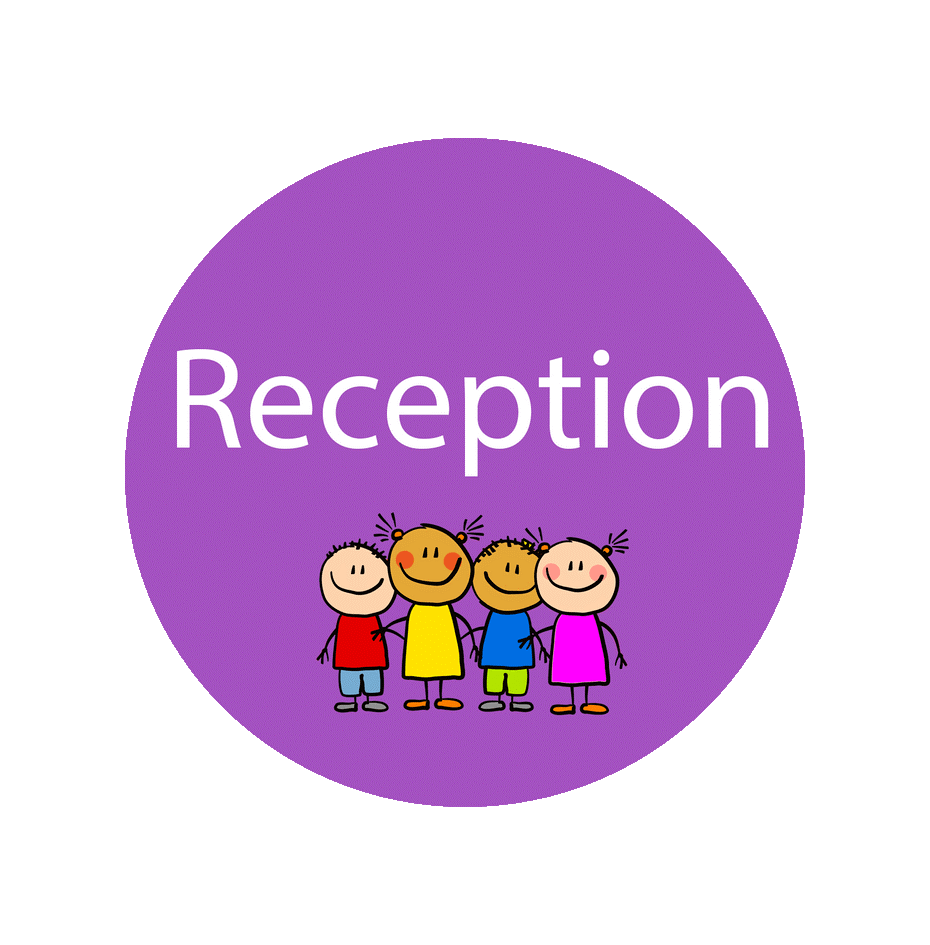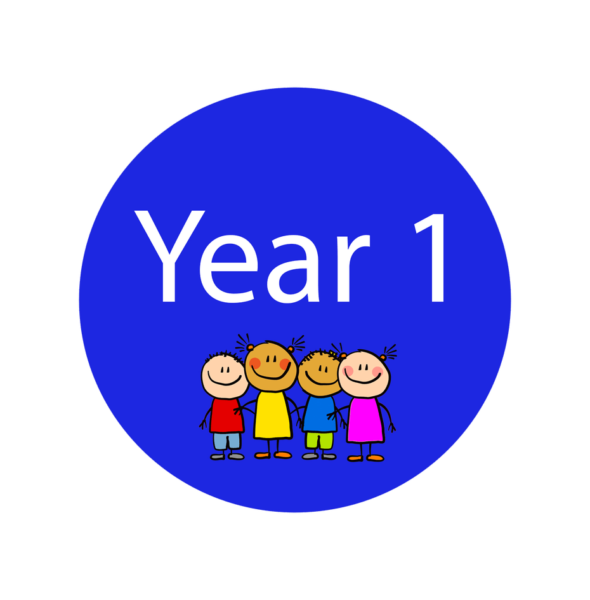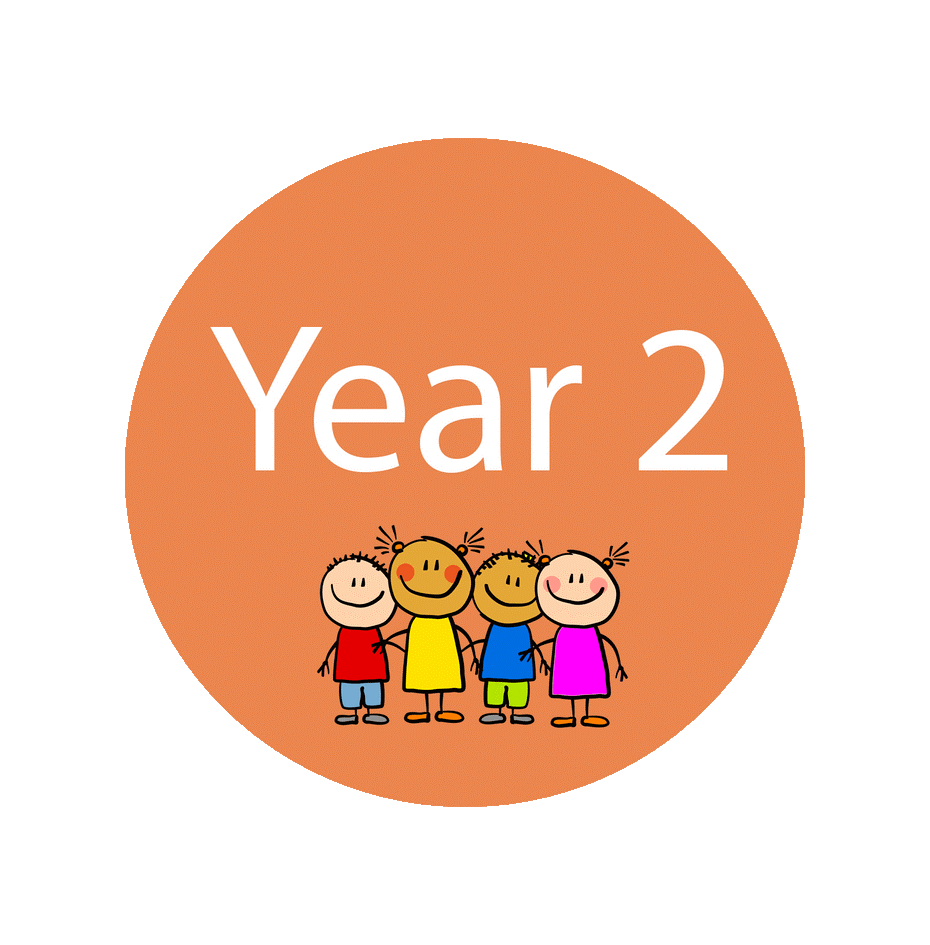English
At The Orchard, we use the Centre for Literacy in Primary Education (CLPE) recommended texts and adapt their teaching sequences to make them our own and incorporate our cross curricular links where appropriate. This innovative approach transforms the way our children engage with literacy, fostering a love of reading and a deep appreciation for the power of stories.
Our English curriculum, grounded in the Power of Reading, integrates high-quality children’s literature at the heart of learning. This method not only enhances reading and writing skills but also nurtures creativity, empathy, and critical thinking. Through immersive book-based projects, our students explore a diverse range of texts, allowing them to connect with characters, settings, and narratives on a profound level.
We believe that every child deserves the opportunity to become a confident and enthusiastic reader. The Power of Reading program equips our teachers with expert strategies and resources, ensuring that each lesson is dynamic, inclusive, and tailored to meet the needs of all learners.
Here are the books that we are currently using with are children to inspire and support our English curriculum:
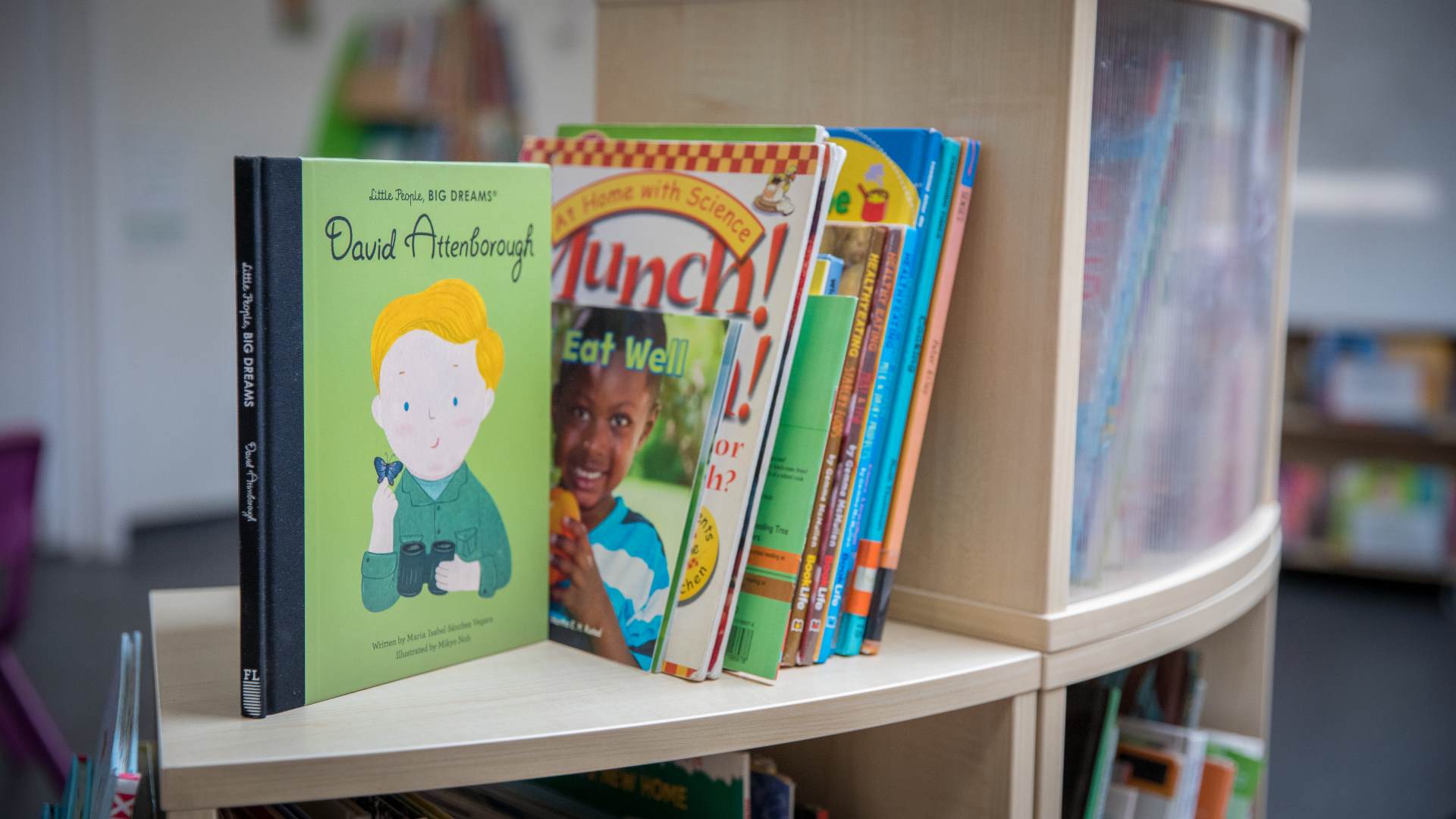
Reading
We ask parents and carers to listen to their children read each day if possible and we keep a diary to communicate the progress each child is making at school and at home. At school we individualise the reading programme for each child according to our assessments and are also informed by comments from home.
Reading should happen in a relaxed, quiet environment away from distraction. It should be enjoyable and part of a daily routine. Advice is given by school staff on how to support your child at home with their reading practise. Praise and encouragement lead to confidence in reading so the adult needs to be patient and calm.
Children need to develop good phonic knowledge and the skill to put this knowledge to use in their reading. When children's phonics knowledge is secure this supports children's fluent reading of whole words and sentences. Teachers inform parents about the phonic skills the children are learning so that they can practise these at home. You can learn more about how we teach phonics at The Orchard and Little Wandle Letters and Sounds Revised (which is the phonic programme we follow) on our Phonics page.
Children should want to read so it is important that the books offered are at an appropriate level for their understanding, interests and success. We emphasise that reading should be a part of home life, not just school so encourage you to enjoy a range of reading material together and not just the books we send home.
At the Orchard we use the Big Cat Collins reading books which are fully decodable. Once they can read words fluently and automatically without needing to blend they can read from a wider range of scheme and non-scheme books. We have a wealth of picture, fiction and non-fiction books to inspire the children’s reading and their progress.
Each child in Reception and Year 1 reads at least three times each week with a member of staff. This may be individually but usually in a small group. Children in Year 2 read with an adult at least twice a week and may do more of these adult-led sessions depending on their fluency and/or comprehension skills. We have a daily reading lesson which ensures the children have a daily reading habit and provides the opportunity for staff to teach the children speaking reading skills.
Each week you will be sent home a book which your child can read at 95% accuracy. This is their practise book. In addition you will receive a book from the 'book corner library' which your child has chosen. This book is for you to enjoy together. It is for sharing and reading to your child to develop vocabulary, book language, spelling, and listening and above all a love for reading!
At The Orchard, we love books and want every child to enjoy reading. Our school is filled with fun reading activities, cozy class libraries, and exciting book events, such as author visits and a Book Week. We believe that reading should be a joyful and important part of life. By encouraging our students to read for pleasure, we help them discover new worlds, ideas, and adventures. Children and teachers recommend books to each other and these are shared in our weekly newsletter to parents.
Writing
Writing a wide range of texts on paper and on screen
Creating and shaping texts
Children are encouraged to see themselves as writers as soon as they start school and they attach meaning to the marks and strings of letters they are able to produce. At The Orchard we encourage the children to be independent in their writing and to feel confident to try to write the ideas they wish to convey. We use inspirational texts and purposeful activities to encourage children to want to write.
Children learn to
- Independently choose, plan and write for a variety of purposes. The teacher provides activities each day which give them the skills, vocabulary and ideas they need in order to write for a variety of different purposes and audiences.
- Use features of different forms of writing, considering presentation, use of appropriate words and phrases. Written work includes stories, diaries, letters, poems and accounts of past experiences. Factual writing includes descriptions, diagrams, posters, lists, instructions and captions.
- Use their phonic knowledge to segment, spell and write words and sentences.
Text structure and organisation
Children learn to
- Organise ideas into a coherent structure. Children are encouraged to carefully consider their own written work and are taught how to plan, draft, revise and proof-read their own work.
- During literacy sessions and other lessons the children are shown, through the use of a variety of texts, how writers use and organise language to create different types of writing. The teachers organise activities for the children to complete which help them to practice and use the skills taught.
Sentence structure and punctuation
- Children are encouraged to convey meaning through grammatically accurate and correctly punctuated sentences. This is modelled primarily through talk, reading and writing of a wide range of texts.
Presentation: Children learn to
- Develop a clear and fluent handwriting style.
- Use ICT skills to compose and present work.
Children develop a legible style of handwriting by being taught how to hold the pencil correctly, how to sit when writing, how to form letters and how to space words.
This begins in Reception where we develop gross and fine motor skills to improve co-ordination and letter orientation. We aim to achieve high standards of presentation and provide purposeful, motivating tasks to encourage clear and neat writing.
Handwriting is taught through a weekly session and 1:1 within the Reception classes and is practised through phonics. Children learn to write in print (not joined up) and follow specific phrases to help them with the letter orientation.
In Year 1, children continue to embed the print style and orientation and then in the summer term they are introduced to 'lead ins' and 'lead outs'. this prepares them for Year 2, where are taught to join their letters.
We use the 'ground, grass and sky' to help children with their placement of letters.

Here are some resources to show the handwriting style we use at the Orchard:
